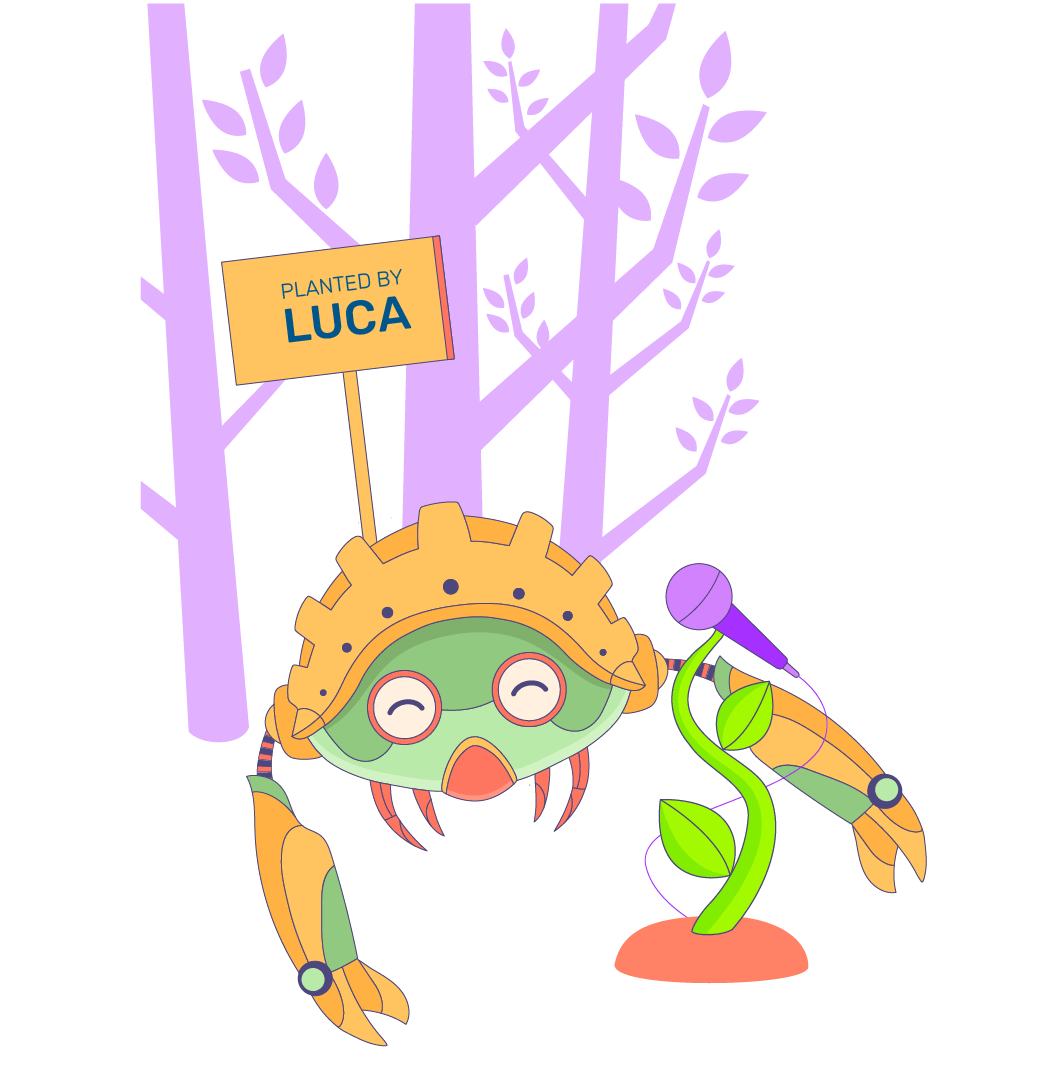This edition
Past Editions
Rust is a viable language for backend development, but does it have a *compelling* offer?
This talk covers pavex, a new Rust framework for building APIs. It gives an overview of the current ecosystems, its shortcomings (as I see them) and how pavex plans to address them.
ML is eating the world but it has just started to grow out of its engineering infancy.
New patterns and processes are emerging to build ML products while existing tools are showing their limits. New directions are being explored and Rust can play a major role in the future of the ML industry.
As a part of our commitment to sustainability, we’re planting “Speaker’s trees” on behalf of our speakers. These trees represent our effort to offset the carbon emissions from their travel. By planting trees, we’re helping to reduce our carbon footprint and combat the effects of climate change. Join us in this symbolic act and help make our conference eco-friendly.

